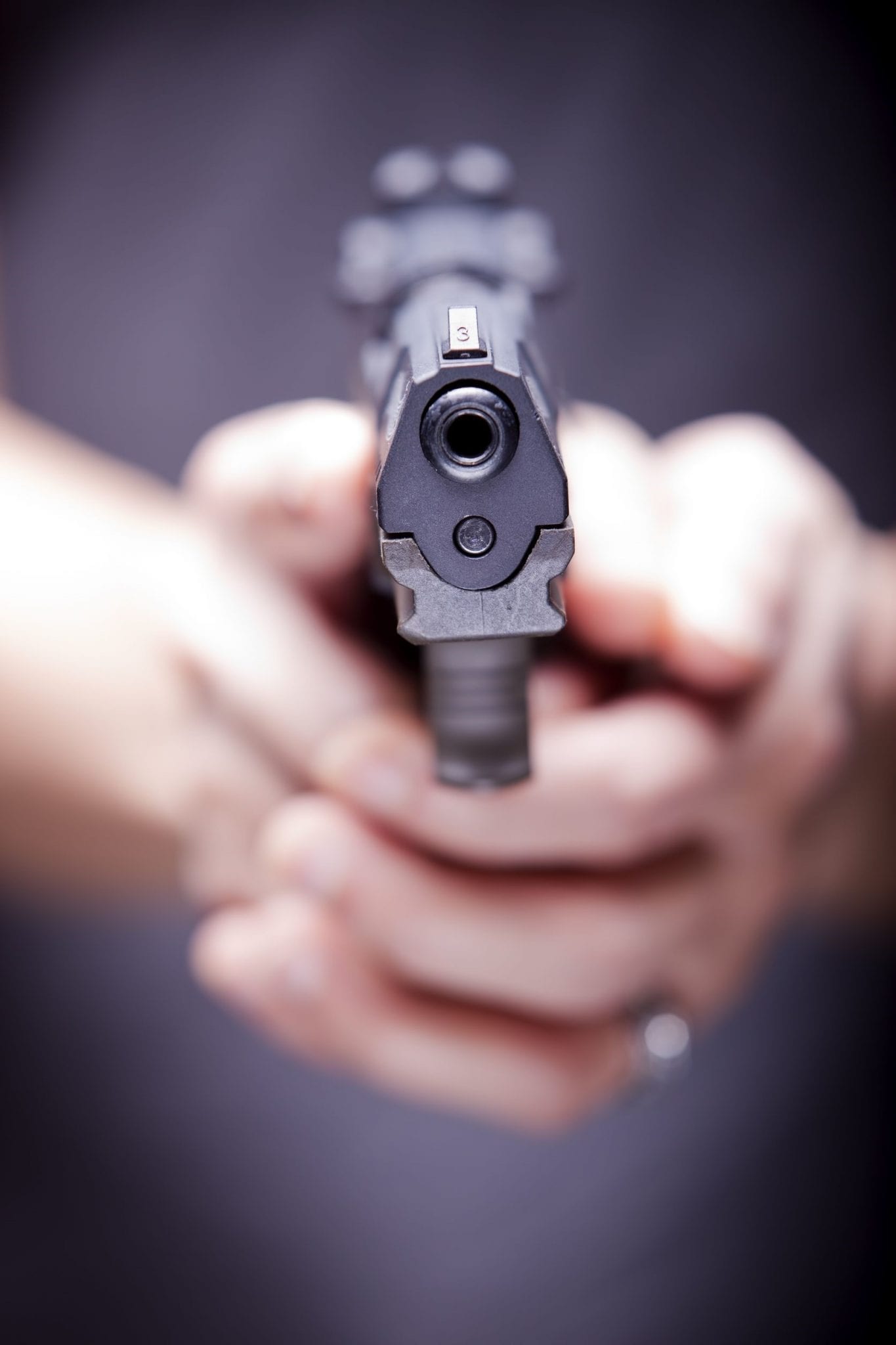Are Chicago’s Gun Crime Penalties about to Get Even Tougher?
As Americans across the country were celebrating the start of summer Memorial Day weekend, violent shootings erupted in Baltimore, New York, and Chicago.
While New York witnessed 16 shootings and Baltimore reported 32 separate gun violence incidents, “the most shocking Memorial Day gun violence was recorded in Chicago,” according to reporters from America Magazine. This past Memorial Day weekend was the worst for gun violence in Chicago in over 10 years, with 12 killed and 44 wounded, including a four-year-old child. The majority of the shootings were concentrated in several neighborhoods in Southside Chicago.
In response to the series of tragic events, Mayor Rahm Emanuel held an impromptu press conference to urge Chicago law enforcement officials and communities to join forces to end gun violence. “If we’re gonna see the type of safety and security we want to see, I can’t implore enough that we deal with both tighter restrictions on access to guns and stiffer penalties for those who use guns,” said the Mayor.
Some advocates are calling for higher regulatory control of gun dealers, and laws that would make gun trafficking a federal crime.
Chicago Gun and Weapon Laws Today
Chicago already has some of the highest restrictions on guns and weapon ownership in the country, and some of the toughest penalties for violating these restrictions.
Below, we’ve listed some of the most common Illinois guns and weapon crimes, along with their potential penalties.
Unlawful possession of a firearm. In order to lawfully possess a gun or other type of ammunition, you must have a valid Firearm Owners Identification (FOID). If you are found in possession of a weapon without an FOID card, you may be charged with violation of legal gun possession, or unlawful possession of a firearm. Penalties for this type of crime may include a fine of up to $2,500, up to one year in jail, or both.
Possession of a firearm within 1000 feet of a school, public housing project, public park, or courthouse. Even with a FOID, possession of a firearm is legal only in a few situations, such as in your home or business, or if the firearm is cased, unloaded, and not immediately accessible. If you are found in possession of a firearm in an unlawful area, you can face serious charges even if you do have a valid FOID. Charges become more serious if you are found in possession of a firearm within 1000 feet of a school, public housing project, park, or courthouse. This type of possession violation is often classified as a class 4 felony, and punishable by up to three years in prison and up to $25,000 in fines.
Possession of a firearm in an establishment that sells alcohol. Likewise, it is also class 4 felony to possess a firearm in an establishment that sells alcohol, and punishable by similar penalties.
Possession of a firearm while hooded, robed, or masked. You may also face class 4 felony charges if you are found carrying a weapon on your person or in your vehicle if you are wearing a hood, robe, or mask, or hiding your identity in some way. This type of crime is also punishable by up to three years in prison and $25,000 in fines.
These are only a few examples of the many different ways you could be charged with a gun or weapons crime in Illinois. As law enforcement officials in Chicago and surrounding areas work to crack down on gun violence, courts are handing out tough sentences to people found in violation of weapon laws.
If you are facing a gun or weapons crime charge in Illinois, get in touch with a top Chicago weapons crimes attorney. Your attorney can help you understand the charges you are facing, and work with you to build a powerful defense. With the help of an attorney, you can defend your right to bear arms, while protecting your freedom, finances, and future.
About the Author:
Andrew M. Weisberg is a former felony prosecutor who now serves as a defense attorney in the greater Chicago area. He has extensive experience in handling all types of criminal cases, from sex offenses and domestic violence to retail theft-related crimes, Murder, and drug crimes.







 Blog Home
Blog Home 











